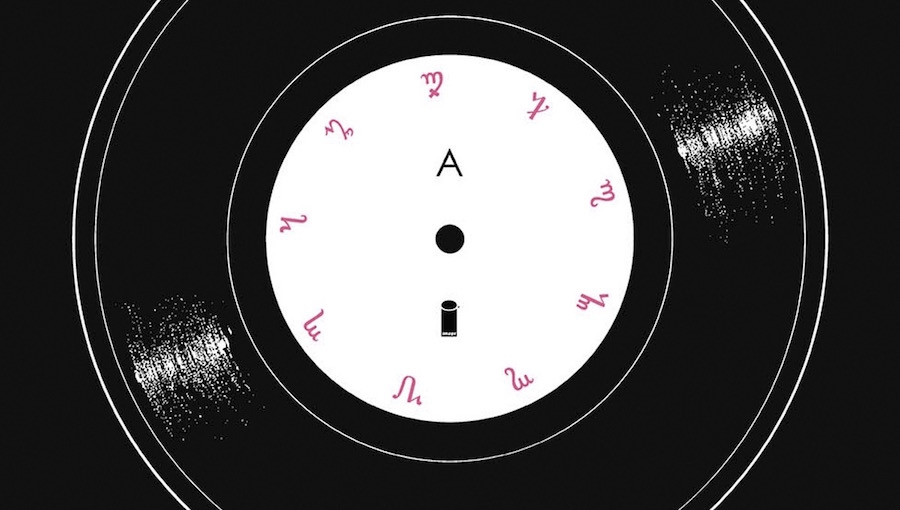In the last near-decade, Jamie McKelvie and Kieron Gillen made their mark on the world of comics in a big way with their hit series, Phonogram. After reading over 500 pages of the completed collection of the series, I realized two things: It’s one of the most British things I’ve ever read, and it’s also one of the most brilliant. Collecting the three major arcs (19 issues, along with some shorter pieces within the universe), The Complete Phonogram lives up to the hype the series has garnered as one of the most iconic series in recent history. With that being said, let’s start the show.
To really get into the full story, here is some behind-the-scenes info. The story focuses, for the most part, on music. Well, music is the focus entirely, just music in different forms and flavors. Brit-pop, classic indie records, some arena rock, and the classics. For phonomancers, people who see music as magic and make it as such, these kinds of records are more than just a combination of sounds. They’re a way of life. A way of death, something so sacred and part of them that it literally forms their entire existence.
Phonomancers like David Kohl, Emily Aster, Indie Dave are members of a coven of similarly skilled individuals that live, die, and define themselves by music, by what they love and how they love it. The entire series is a love letter to music and what it can do to, and for, people.
It’s a hard book to describe, because, after awhile, things start to sound like nonsense: people who make magic out of music, who travel to other realms and into music itself, Phonomancers, Retromancers, goddesses of music, and more quoted lyrics than there’s ever been before or since.
The best thing to say is that this is a personal series, and it feels that way. Every page feels directly pulled in some way from the lives of the creators or those who influenced them. It’s a piece of the soul torn out and directly put onto the page. While reading it, I continued to get that heavy feeling in my chest when emotions are at a high point. The ones where you know you identify with something, a feeling that – it was very obvious – Gillen and McKelvie felt while making this, and that the characters felt always when that one brilliant song came on.
To put it mildly, this is one of those series that has to be read to be understood. A review, even a glowing one, won’t do it justice. It’s a work that can only be done by these people, at these times. And it’s one that has shown how much these two, along with long-time colorist Matt Wilson, have grown from the start of this series, to its end, to their latest piece of pop-culture mastery, The Wicked + The Divine.
At the start of Phonogram, it’s all there: the love, the passion, and the potential. As the series continues, both Gillen and McKelvie get better, bolder, and more in control of their craft. Reading this series as a whole shows the evolution of a creative team, from start to finish. And, as one of the more celebrated creative teams in comics, this is a fantastic starting point.
Read Phonogram. It doesn’t have to be at the breakneck pace I did, because even after all of these compliments, I don’t think I savored it enough to truly understand it. Only fast enough to know I loved it. But read it. It’s worth it.

